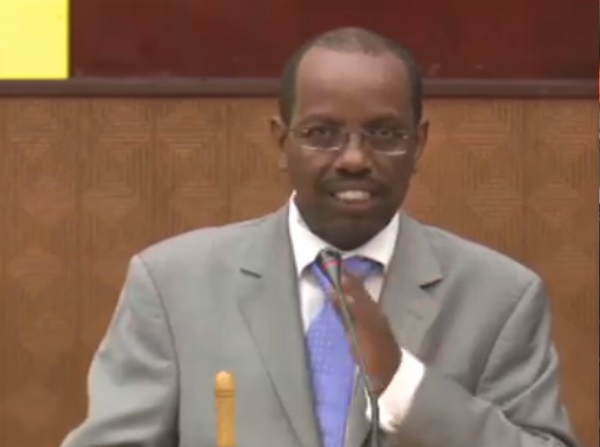With tax exemptions to selected entities now running into nearly a trillion shillings. Avoiding policy discretion is being argued, is as important as extending the tax net through innovative approaches. “Because the rich have realized that government is focusing more on taxing people who import from China, they have gone into ranches and government has not opened its eye to see that. So there is that gap which we need to exploit.” Said, Ben Sebuguzi – Taxpayer/City Trader. The government resolved on sustaining infrastructure, the gap between revenues and expenditures could continue to increase in the future albeit placing challenges of quality and quantity of social services. “Balancing expenditure on capital and recurring becomes crucial because people need these services rather than creating districts, creating all these administrative things.” Said, Keith Muhakanizi – Secretary to the Treasury.
The Uganda Revenue Authority has since vowed to tighten its grip on domestic revenue mobilization. “International trade has become more of trade facilitation and border control more than it is a revenue generation function. And therefore it means that our reliance on domestic revenue sources has to be increased.” Said, Doris Akol – Commissioner General, URA. “Today, the purchasing power is low for as long as Ugandans cannot consume, cannot spend, I will not save what to pay for taxes I will just collapse.” Said, Issa Sekito – Kampala City Traders’ Association. But even then, the private sector reasons that improving the business environment could come with new non-tax revenue streams. “Over the last two years, I think two years we have been able to grow the revenue from non-tax revenue; just from URSB from about 400 million to 38 billion as I speak now. And that; if you had this in KCCA, if you had this in URA if you had this UNBS?” Said, Gideon Badagawa – ED, Private Sector Foundation.
“Now me after paying the tax if I go to the hospital I must get the doctor there, I must get the medicine there. If I go to the school I must find the school functional with teachers who are actually motivated. So there should be a close link between the services delivered and the tax which is being collected.” Said, John Mark Agong – Civil Society Budget Advocacy Group. Under a new study executed by the World Bank, there is a strong call that the efficient mobilization of domestic revenue combined with the efficient use of resources would be essential in strengthening the social contract between the government and the country’s citizens. “That would articulate what needs to be done on tax policies, what needs to be done on tax administration institutions and how others can partner with others to run the DRM agenda.” Said, Moses Kajubi – Senior Public Sector Specialist, World Bank.

